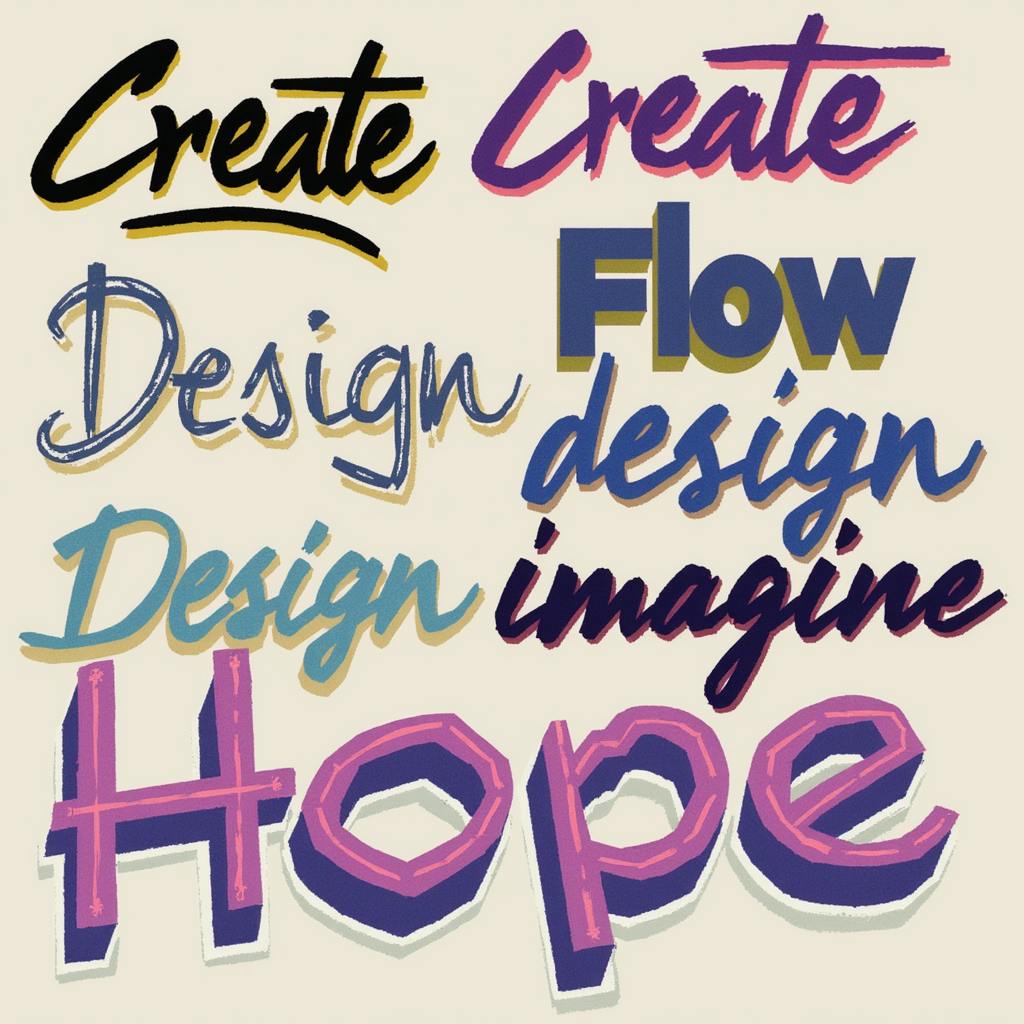Staying ahead of the curve requires constant innovation, and few technologies hold as much promise as automated content creation. By leveraging advanced algorithms and machine learning, this groundbreaking technology is reshaping how content is generated, consumed, and ultimately valued. Automated content creation stands at the forefront of this transformation, offering businesses and individuals alike the tools to produce engaging, high-quality content at unprecedented speeds.
The Power and Potential of Automated Content Creation
Clear and concise, automated content creation harnesses the power of artificial intelligence to streamline the writing process. This technology aids in producing various forms of content, from blog posts and articles to social media updates, reducing the time and effort traditionally required. As AI technology continues to evolve, so does the potential for automated content to become more sophisticated, offering richer, more nuanced outputs that are almost indistinguishable from those crafted by human hands.
Key Advancements in Automated Content Creation
Natural Language Processing (NLP)
One of the most significant advancements in automated content creation is the development of sophisticated natural language processing (NLP). This component of AI enables machines to understand and generate human language with remarkable accuracy, facilitating content creation that is coherent, contextually aware, and relevant.
Personalization at Scale
Artificial intelligence excels in processing large datasets, allowing for personalized content that caters to individual preferences and behaviors. Automated systems can analyze user data to produce tailored content for each consumer, increasing engagement and satisfaction.
Enhanced Creativity with AI
While skeptics often question AI's creative capabilities, recent developments in deep learning have equipped AI systems with a surprising knack for creativity. By learning from vast amounts of data, these systems can emulate human-like creativity, generating unique, innovative content that pushes the boundaries of traditional content creation.

AI made with Stephanie Jagiello
Frequently Asked Questions
How does automated content creation benefit businesses?
Automated content creation benefits businesses by reducing costs and saving time. Businesses can produce high volumes of content more efficiently, allowing them to focus resources on strategy and innovation. Additionally, automated content can also aid in enhancing SEO strategies and expanding content reach.
Will automated content replace human writers?
While automated content creation is advancing rapidly, it is unlikely to fully replace human writers. Instead, it is poised to complement human efforts, handling repetitive tasks and allowing writers to focus on crafting more strategic, creative, and complex content.
How accessible is automated content creation?
Many platforms offer automated content creation tools accessible to both large enterprises and small businesses. These solutions often come with intuitive interfaces and customizable options, making it easier for users to integrate them into their existing workflows.
The Future of Automated Content Creation
As we look forward, the horizon for automated content creation appears exceedingly bright. With continuous advancements in AI and machine learning technologies, the efficiency, quality, and creativity of machine-generated content are set to reach new heights. Industries from marketing to education will increasingly rely on automation to meet their content needs, spurring further innovation and discovery.
FAQ: Automated Content Creation in the Digital Sphere
What is the concept of automated content creation in the digital sphere?
Automated content creation refers to the use of advanced technologies, such as artificial intelligence (AI) and machine learning, to generate written, visual, or audio content with minimal human intervention. This approach allows for the efficient production of diverse types of content, ranging from news articles and blog posts to social media updates and video scripts.
The core idea is to leverage AI-driven algorithms to analyze datasets, learn from existing content, and produce new material that aligns with a brand's voice, style, or specific objectives. Automated content creation streamlines the content generation process, making it faster and more cost-effective while maintaining consistency and quality.
How is automated content creation transforming the future of the digital sphere?
Automated content creation is reshaping how content is produced, consumed, and personalized in several significant ways:
- Scalability: Automation enables the production of large volumes of content at scale, making it easier for businesses to maintain a robust online presence across multiple platforms.
- Personalization: AI-driven content can be tailored to meet the preferences and behaviors of individual users, leading to more engaging and relevant user experiences.
- Speed to Market: Automated processes drastically reduce the time needed to produce content, allowing businesses to respond swiftly to market trends and consumer demands.
- New Content Forms: As technology evolves, automated content tools are expanding beyond text to include multimedia formats like video, audio, and interactive content, thus enriching the types of experiences available to users.
- Enhanced Creativity: By taking over repetitive and mundane tasks, AI empowers human creators to focus on more strategic and creative aspects of content strategy.

AI made with Stephanie Jagiello
What are the benefits of automated content creation to businesses and other sectors?
- Cost Efficiency: Automating content creation reduces the need for extensive human resources, cutting down on labor and production costs while maximizing output.
- Consistent Quality: AI tools can maintain a consistent style and tone, helping brands to uphold their identity across all content produced.
- Data-Driven Insights: By analyzing consumer behavior and feedback, automated systems can generate insights that drive more effective content strategies.
- Improved Accuracy: With constant access to updated information, automated content creation tools can provide accurate, timely, and factual content, which is especially beneficial for news and financial sectors.
- Freeing Resources: Automation allows human employees to focus on strategic planning, creative tasks, and decision-making, which can lead to innovation and an improved competitive edge.
What technologies or tools are shaping the future of automated content creation?
Several technologies and tools are at the forefront of advancing automated content creation:
- Natural Language Processing (NLP): NLP enables machines to understand, interpret, and generate human language, facilitating the creation of coherent and contextually relevant text.
- Generative Adversarial Networks (GANs): GANs are used to create realistic images, videos, and even voice content by pitting two neural networks against each other to improve output quality.
- Machine Learning: Machine learning algorithms learn from vast amounts of data to produce increasingly sophisticated content generation systems, including predictive analytics for anticipating user needs.
- AI Writing Assistants: Tools such as GPT-3 (a predecessor to newer language models) improve content production by offering drafting assistance, suggestions, and corrections.
- Content Management Systems (CMS) with AI Integration: Modern CMS platforms are integrating AI tools to automate and enhance the selection, creation, and deployment of content across digital channels.
The integration of automated content creation within the digital sphere is revolutionizing how businesses and sectors approach content strategy, offering new efficiencies and capabilities that could redefine the landscape of digital communication.
Automated content creation is more than just a trend—it's a transformation that promises to reshape the digital landscape. By embracing this technology, we stand on the brink of a more efficient, dynamic, and personalized digital world where information flows as freely as the ideas it inspires.
Let’s Get Creative Together
As the digital landscape continues to evolve, collaboration between humans and AI will forge new paths in creativity and innovation. Engaging with a Creative Solutions Specialist can help unlock the full potential of automated content creation, providing tailored strategies that align with your unique needs and objectives. By leveraging the latest advancements in AI, businesses and creators can embark on a journey toward a more effective and impactful digital presence.

